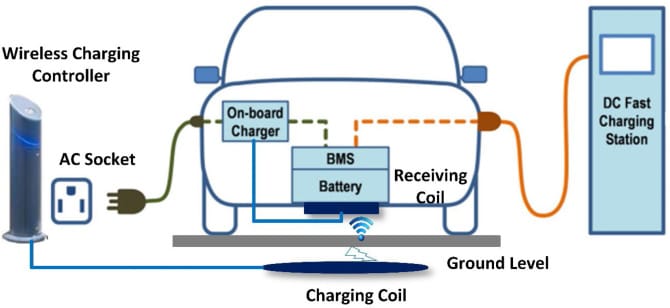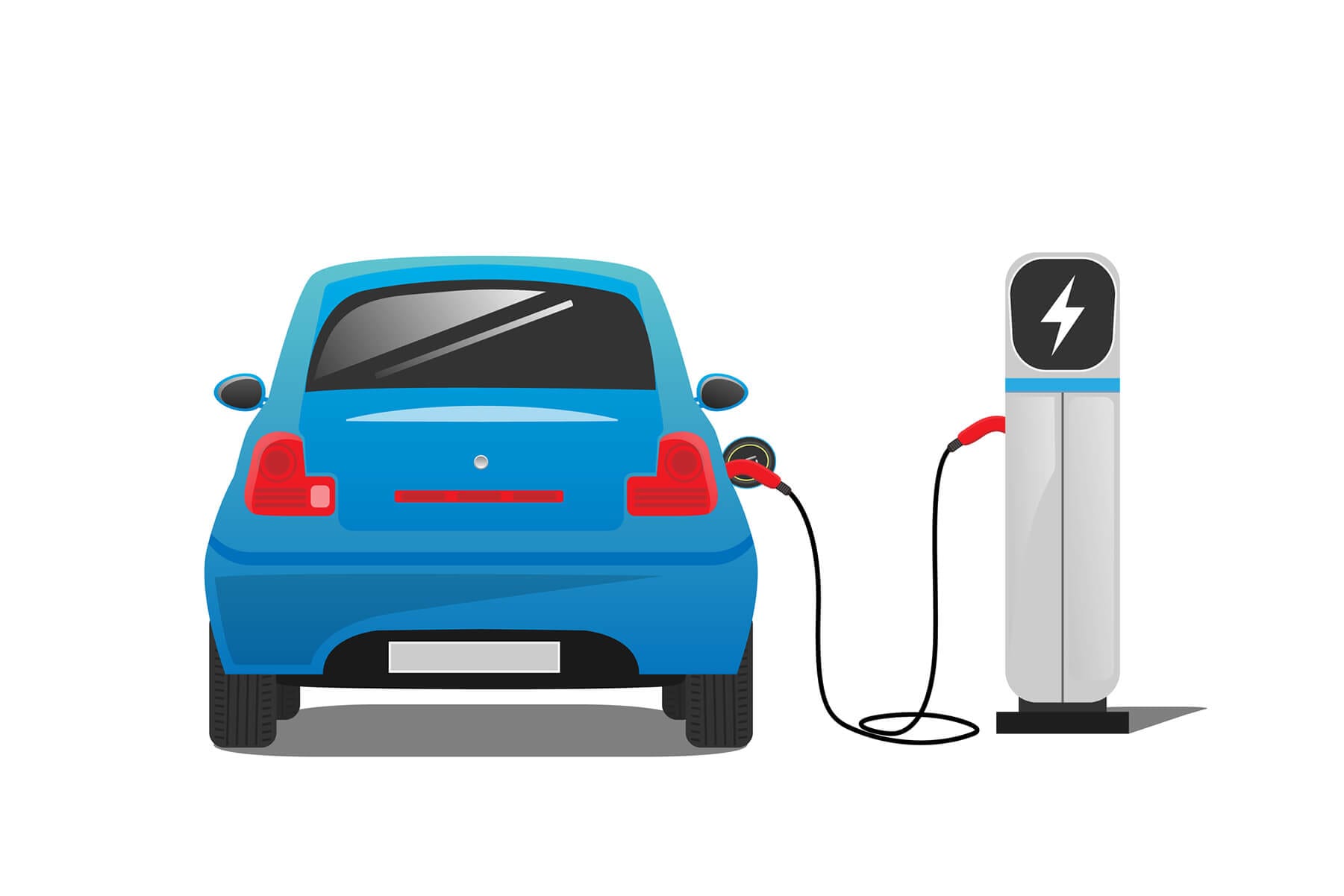The Need for Speed: Exploring the Dynamics of Electric Vehicle Charging Speed.
In the rapidly evolving landscape of electric vehicles (EVs), one of the critical factors influencing consumer adoption and satisfaction is charging speed.


In the rapidly evolving landscape of electric vehicles (EVs), one of the critical factors influencing consumer adoption and satisfaction is charging speed.
As the demand for cleaner and more sustainable transportation grows, understanding the intricacies of EV charging speed becomes paramount.
From technological advancements to infrastructure development, a myriad of factors influence the pace at which electric vehicles can recharge, ultimately shaping the future of mobility.
Read: Electric Car Batteries and Characteristics
Understanding Charging Speed:
Charging speed refers to the rate at which an electric vehicle's battery can be replenished with electrical energy.
It is typically measured in kilowatts (kW) or miles of range gained per hour of charging.
Unlike refueling a conventional gasoline car, which can be completed in a matter of minutes, EV charging involves transferring electricity to the battery, a process that takes varying amounts of time depending on several factors.
Factors Influencing Charging Speed:
- Charger Type: Electric vehicle chargers come in different categories, ranging from Level 1 (120 volts AC) to Level 3 DC fast chargers (480 volts DC). Level 1 chargers are the slowest, typically found in residential settings, while Level 3 fast chargers can replenish a significant portion of an EV's battery in a matter of minutes, making them ideal for public charging stations and long-distance travel.
- Battery Capacity and Chemistry: The size and chemistry of an electric vehicle's battery pack significantly influence charging speed. Higher-capacity batteries can store more energy but may take longer to recharge, while advancements in battery chemistry, such as lithium-ion technology, have led to faster charging rates compared to older battery technologies.
- State of Charge: The current state of charge (SOC) of the battery also affects charging speed. EVs tend to charge more rapidly when the battery is depleted and slow down as the battery approaches full capacity. This phenomenon, known as tapering, is designed to protect the battery from damage caused by rapid charging at high states of charge.
- Charging Infrastructure: The availability and accessibility of charging infrastructure play a crucial role in determining charging speed. Public charging networks, including Level 2 and DC fast chargers, enable faster charging compared to home charging solutions. The density of charging stations and their proximity to major highways and urban centers also impact the convenience of EV ownership.
Read: Future of electric car chargers

Technological Advancements and Innovations:
In recent years, significant advancements have been made to enhance EV charging speed and efficiency. These innovations include:
- High-Power Charging: The development of high-power charging systems, such as 350 kW and even 500 kW chargers, has dramatically reduced charging times for electric vehicles equipped to handle such power levels.
- Battery Thermal Management: Improved battery thermal management systems help regulate the temperature of the battery during charging, optimizing performance and safety while minimizing charging time.
- V2X (Vehicle-to-Everything) Integration: V2X technology enables bidirectional energy flow between electric vehicles and the grid, allowing EVs to not only charge but also discharge electricity back to the grid during peak demand periods, enhancing grid stability and potentially reducing charging times through smart grid integration.
Related: How Do You Charge An Electric Car?

Future Outlook:
As electric vehicles continue to gain traction worldwide, the demand for faster and more accessible charging solutions will undoubtedly increase.
Industry stakeholders, including automakers, charging infrastructure providers, and policymakers, must collaborate to accelerate the deployment of high-speed charging infrastructure, improve battery technology, and prioritize research and development efforts aimed at further enhancing EV charging speed and efficiency.
Read: Electric Cars Could Charge In Less Time
Conclusion:
The quest for faster electric vehicle charging speed represents a pivotal aspect of the transition to a cleaner, more sustainable transportation ecosystem.
By understanding the factors influencing charging speed and embracing technological innovations, stakeholders can work together to overcome challenges and unlock the full potential of electric mobility, ushering in a future where EV charging is fast, convenient, and accessible for all.




